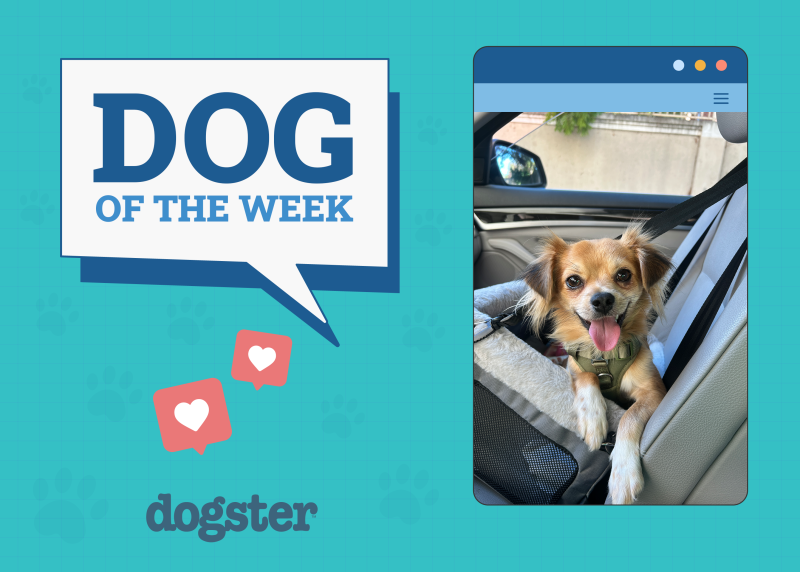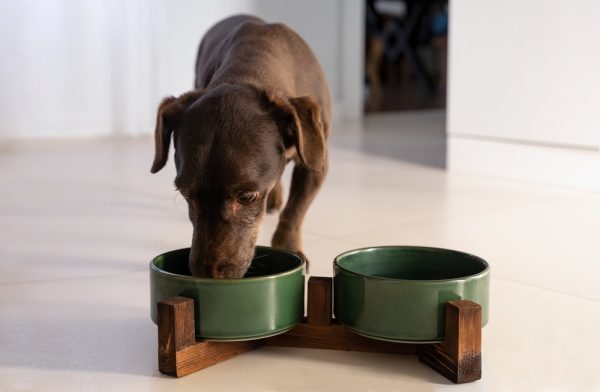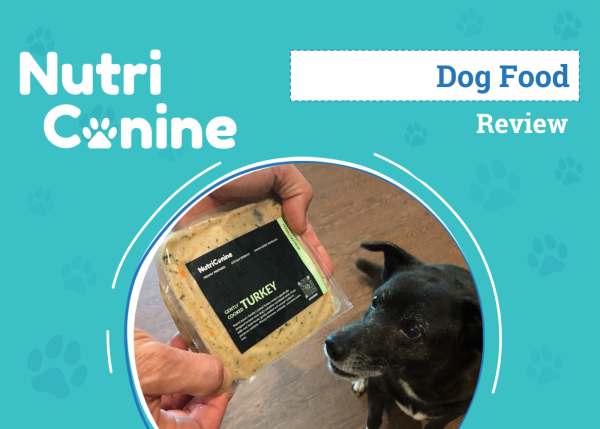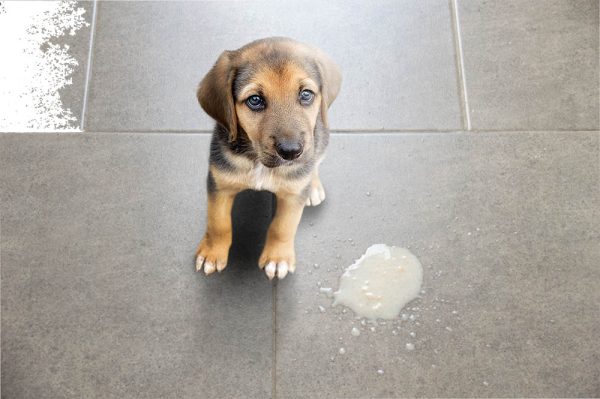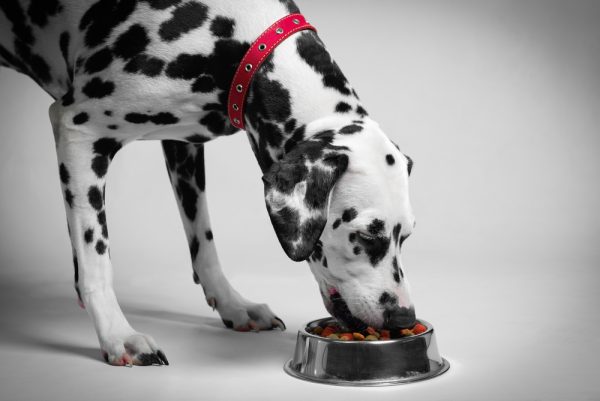Whether you have owned a dog previously or you’re a first-time pet owner, you might think you know what questions to ask the vet already, but wait until you are actually in the appointment. Suddenly, your mind goes blank, and you leave the office without ever getting answers to the things you wanted to know. That’s why thinking of the questions ahead of time helps. Below are 15 questions to ask the vet at your next appointment.

The 15 Questions to Ask Your Vet
1. What Should I Feed My Pet and How Much?
Knowing what to feed your pet and how much can be tricky. There are a lot of variables when it comes to pet diets, like breed, size, activity level, age, and overall health. To make matters more complicated, pet foods vary in caloric density for each scoop. This means that 1 cup of dog food can have 300 calories, while 1 cup of another dog food can have 425 calories. Your vet can help you pick the best food to ensure your pet’s health is in tip-top shape.

2. What’s the Ideal Body Weight and Condition Score for My Pet?
Since body weight fluctuates, veterinarians check a condition score—a number between 1 and 9—to see if your pet has too much or too little fat on their body. Ask your vet if your pet’s condition score is in a sweet spot or if you need to make adjustments to their diet and lifestyle.
3. How Much Will Yearly Exams, Vaccines, and Dental Cleanings Cost?
We know yearly exams come every year (hence the name “yearly exam”), yet they always sneak up on us. Find out ahead of time how much annual exams, vaccines, and dental cleanings will cost (and if your pet will need them) so there are no surprises. Remember that these prices can vary based on your location and even the individual office, so you might need to shop around until you find a trustworthy vet in your price range.
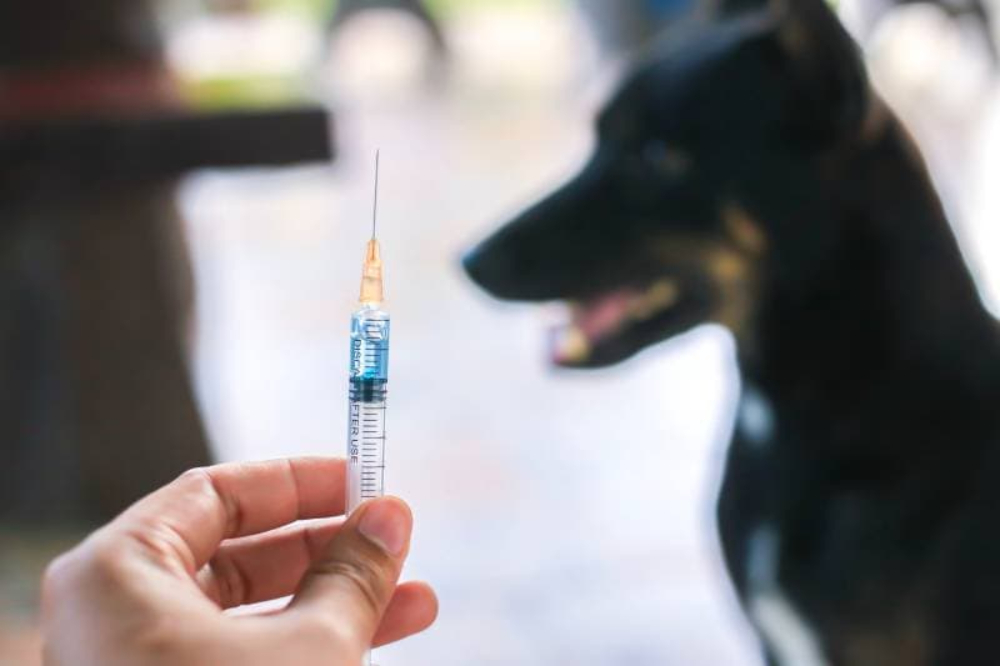
4. What Does an Annual Wellness Visit Include? What Doesn’t It Include?
An annual wellness exam is a nose-to-tail examination on your pet. Veterinarians have their own way of doing this, so check with your veterinarian about what’s included in the annual exam fee and what costs extra.
5. What Emergency Pet Hospital Do You Recommend?
Vet offices and emergency pet hospitals are not the same thing. Vet offices operate within normal business hours, are often closed on weekends, and can only treat certain emergencies. Where will you go if your pet has an emergency in the middle of the night or on Sunday? Talk to your vet about the nearest emergency pet hospital near you.

6. How Do I Brush My Pet’s Teeth? How Do I Clean Their Ears?
One of the best ways to keep your pet healthy and your veterinarian happy is routine grooming. Ask your vet about the proper cleaning techniques for teeth and ears so you stay on top of your pet’s health.
7. How Much Exercise Do You Recommend?
Every pet is different in terms of how much exercise they need. Their age, health, and breed will all play into this decision. Young puppies for example have developing joints, and certain types of exercise can be bad for them. Obese pets are prone to joint problems, so their exercise should be gentler to avoid injury. Working dogs like Border Collies will need more exercise to stay happy than a companion like a Pug.

8. How Do You Handle Pricing and Transactions?
Some vet offices offer payment plans. Some accept Care Credit, while others require full payment at the time of service. You should ask about pet insurance too. Every vet office is different in how they handle transactions.
It’s also important to know when a treatment may vary in price, like surgery. What you originally agreed to may change if there’s a medical emergency during the procedure. Check with your veterinarian and ensure you understand the policies and financial agreements before agreeing to an exam or treatment.
9. How Do I Properly Collect Urine and Fecal Samples From My Pet?
It’s gross to think about, but you may have to take your pet home and collect urine and fecal samples yourself. There’s a proper way to collect, store, and deliver these samples, so speak with your vet about how they would like you to proceed.

10. Does My Pet Need a Rectal Exam?
Rectal exams help veterinarians collect important information they may miss without doing one. Although unpleasant, rectal exams check for anal gland problems and other issues. Older pets are more at risk for rectal issues. Ask your veterinarian if a rectal exam is part of annual wellness exams and whether your dog needs one.
11. Is This Behavior Normal?
Whatever behavior your pet is doing, if you’re unsure about it, ask your vet to help you decide if it’s normal or a health or behavioral issue. If it’s an issue regarding behavior, your vet can help you find a good dog trainer or behaviorist to help fix the problem.
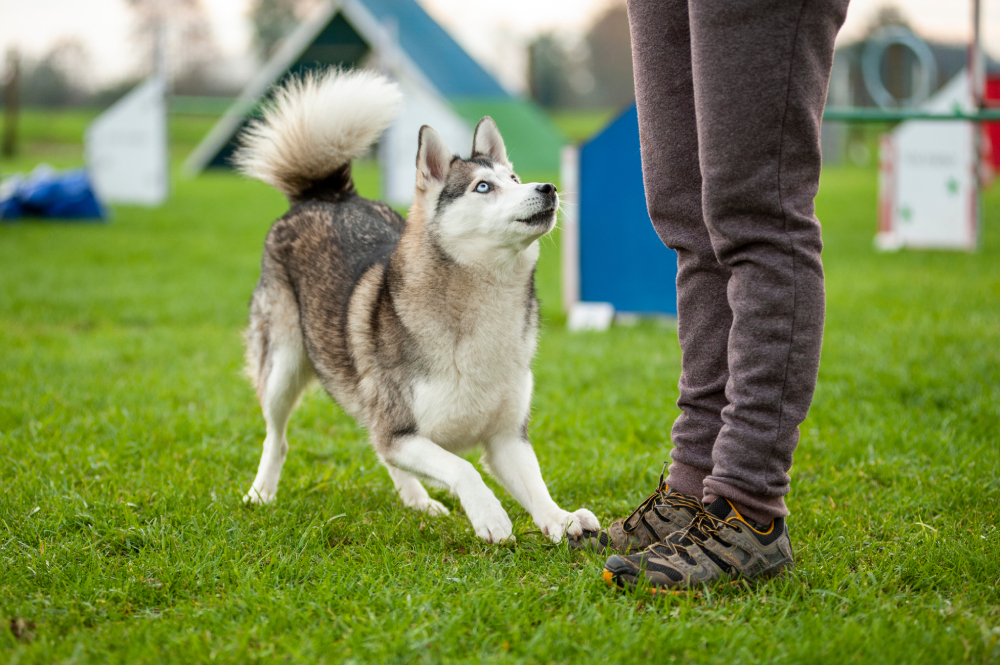
12. Is My Pet Up to Date With Vaccines and Preventative Meds?
Many dog groomers, boarding facilities, and dog parks require certain vaccinations. Although most vet offices will let you know if your pet needs an updated vaccine, you can always call to double-check. Many parasite preventatives also require a vet prescription so ask which preventatives would be suitable for your pet.
13. Can You Examine This Bump I Found?
Sometimes, our pets grow odd lumps and bumps. It’s a good idea to have your vet check it out to determine if it’s anything to worry about. After all, the sooner you catch it and get it looked at, the more likely that you can catch and treat any problems before they get too serious.
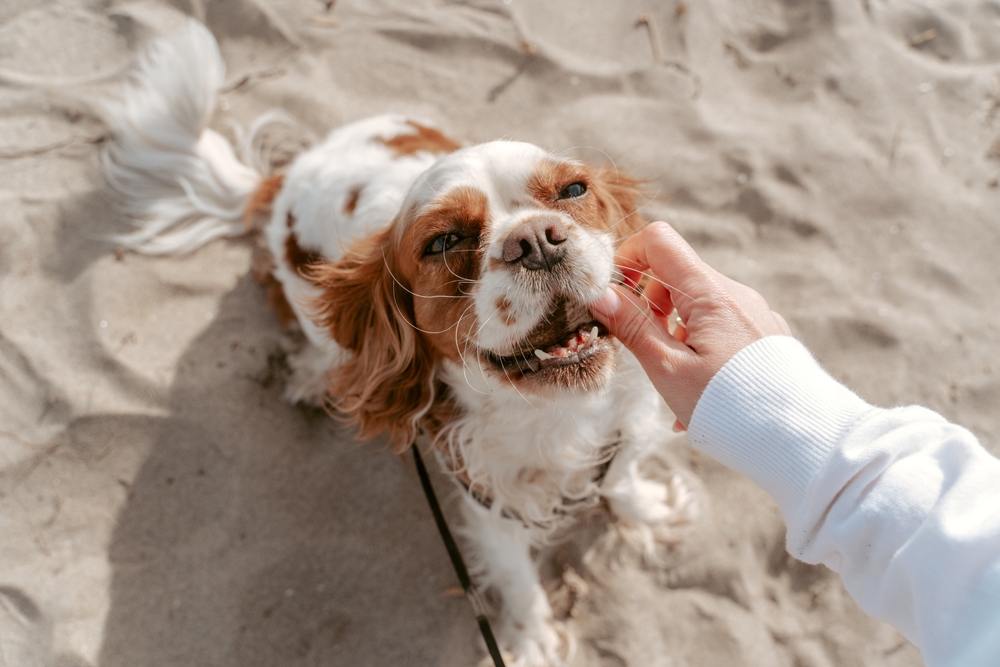
14. Can You Break Down the Surgery?
The news your pet needs to undergo a general anesthetic can bring about some anxiety, even though is is generally safe. Dental cleanings are typically considered surgeries, which can make some pet owners nervous. Your vet can walk you through what they do before, during, and after your pet’s procedure so you know all of the details. Some factors like airway problems, heart disease, or kidney problems can increase the anesthetic risk, so you can talk to the vet about the risk for your specific pet and what they can do to minimize risk.
15. Is My Pet Prone to Certain Diseases?
Some pets, especially purebreds, are more prone to certain illnesses than others. It’s wise to know what you’re getting into so there are no medical surprises down the road.
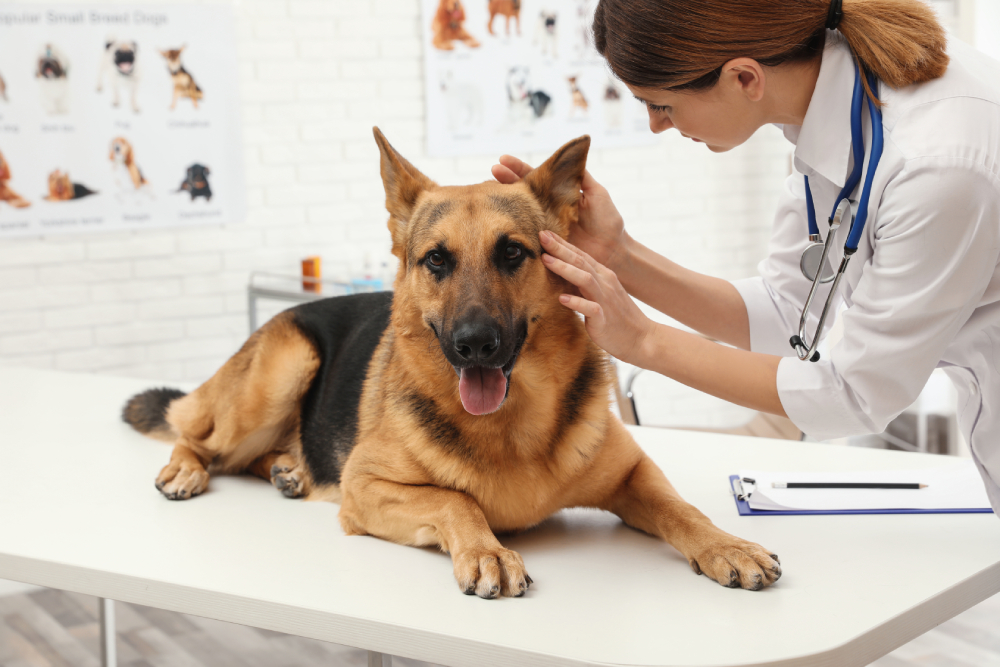

Conclusion
It is tough trying to think of everything you want to ask your vet before the appointment. That’s why it’s a good idea to have a list of questions before you get there. It might seem excessive, but it’s much better than bothering the doctor with more questions later. Why not save some time and plan ahead?
Featured Image Credit: SeventyFour, Shutterstock


